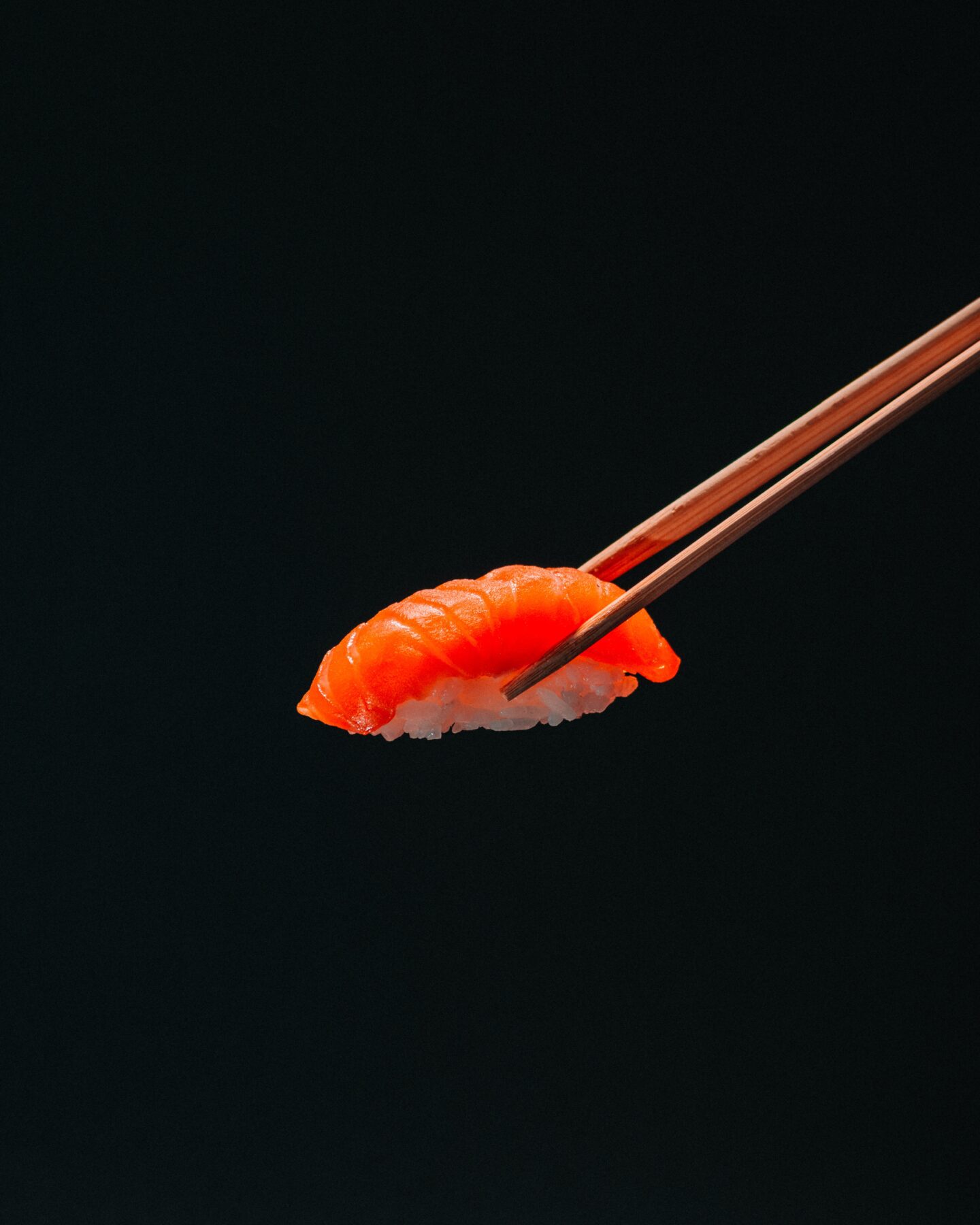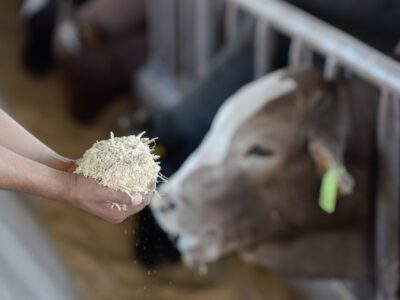If you’re like me, you can’t get enough sushi. The dish is so convenient, flavorful, and relatively healthy. It’s a perfect takeout meal, but sourcing fish for sushi is not the cleanest practice. Overfishing is a legitimate issue facing the world’s food supply, and scientists have predicted the world’s seafood supply could be threatened by extinction as early as the middle of this century.
Overfishing has many causes, including bycatch, or seafood caught in nets and thrown back into the ocean as waste. Other culprits include bottom trawling (dragging a net across the ocean floor), which stirs up sediment and damages coral, blast fishing (using explosives), and cyanide fishing (using poison to harvest fish). The last two acts are illegal but still occur.
Some researchers think farm fishing or “aquaculture” is a viable solution. Yet, the World Wildlife Fund says aquaculture can be highly exploitative but with the proper sustainable measures in place, the industry’s “impact on wild fish populations, marine habitats, water quality, and society can be significantly and measurably reduced.”
Photo Courtesy Nick Karvounis
However, according to the United Nations, almost 90% of the world’s fish stockpile is fully exploited or overexploited. Demand for seafood is set to rise in 2030 with more population growth. So are there other solutions to the overfishing problem?
Aqua Cultured Foods, a new food alternative startup, believes it has one. It uses a fermentation process with organic materials and a strain of fungi to create realistic seafood alternatives. The final product is antibiotic-free, vegan, non-GMO, and has fewer calories than real fish. The actual process is a secret, according to the official website. However, the company claims it’s just as tasty as real fish.
“We start with widely available, affordable, unprocessed organic matter and add a nutrient-rich solution to ‘feed’ and nurture the microbes,” according to the company website. “We then introduce a strain of fungi to begin the transformation. By controlling environmental factors like heat, humidity, and moisture — and nailing the formula — the end result is a whole protein with a realistic texture and taste to traditional seafood.”
Photo Courtesy Aqua Cultured Foods
Anne Palermo and Brittany Chibe founded the Chicago-based business in 2020. On the Why page of the website, they say the food supply is seriously threatened by overfishing and the environmental toll on the fishing industry.
“Critical ecosystems like coral reefs, mangroves, and seafloor habitats suffer due to fishing and/or lack of fish,” the site says. “Abandoned gear such as nets create plastic waste and pose added risk to sea animals.”
So far, Aqua has successfully developed tuna, whitefish, squid, and shrimp formulas. They are safe to eat raw and have better nutritional standards than regular fish. They are also free of contaminants like microplastics, mercury, pesticides, etc.
This past March, a taste test was conducted in Chicago to see the consumer reaction to the product. Offering the public these foods will build more trust with the company and customers. It also allowed for feedback on the taste and quality of the product.
Photo courtesy Aqua Cultured Foods
“Public tasting events will help us fine-tune products and learn what preparations are most successful, which will also help us create new menu items with chef and restaurant partners,” Palermo, Aqua Cultured Foods CEO, said in a statement.
Like other food alternatives, the company needs serious capital investment to create these products en masse. In April, $5.5 million were raised between Aqua and Stray Dog Capital, a venture capital firm that invests in alternative protein companies.
Multiple venture capital firms got involved with this seed fund round, including CJ CheilJedang, the South Korean global food business that owns Bibigo.
The money goes toward Aqua’s facility, production needs, employment, and expanding the number of restaurants and food service outlets for product introductions.
“The adage is true that early-stage funds heavily weight investment conviction in people, and less in technologies or products given the embryonic nature of companies at these stages, but Aqua already boasts strength across its team, product, and key partnerships already in place,” Johnny Ream, partner at Stray Dog Capital, said in a statement.
“We are interested in backing founding teams leveraging unique technologies and approaches that drive a more sustainable future; the work Aqua is doing with alt-seafood has immense potential to drive both human and planetary benefits in a massive $100B+ global market.”





